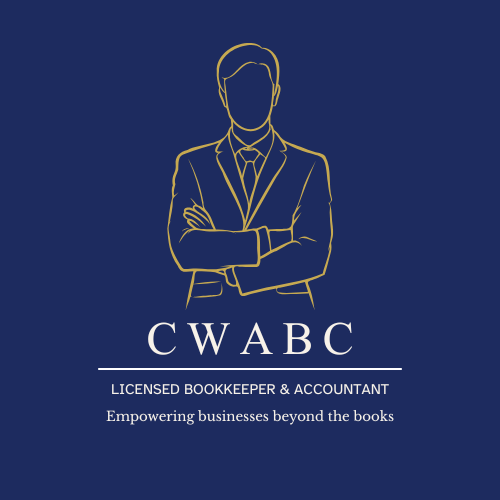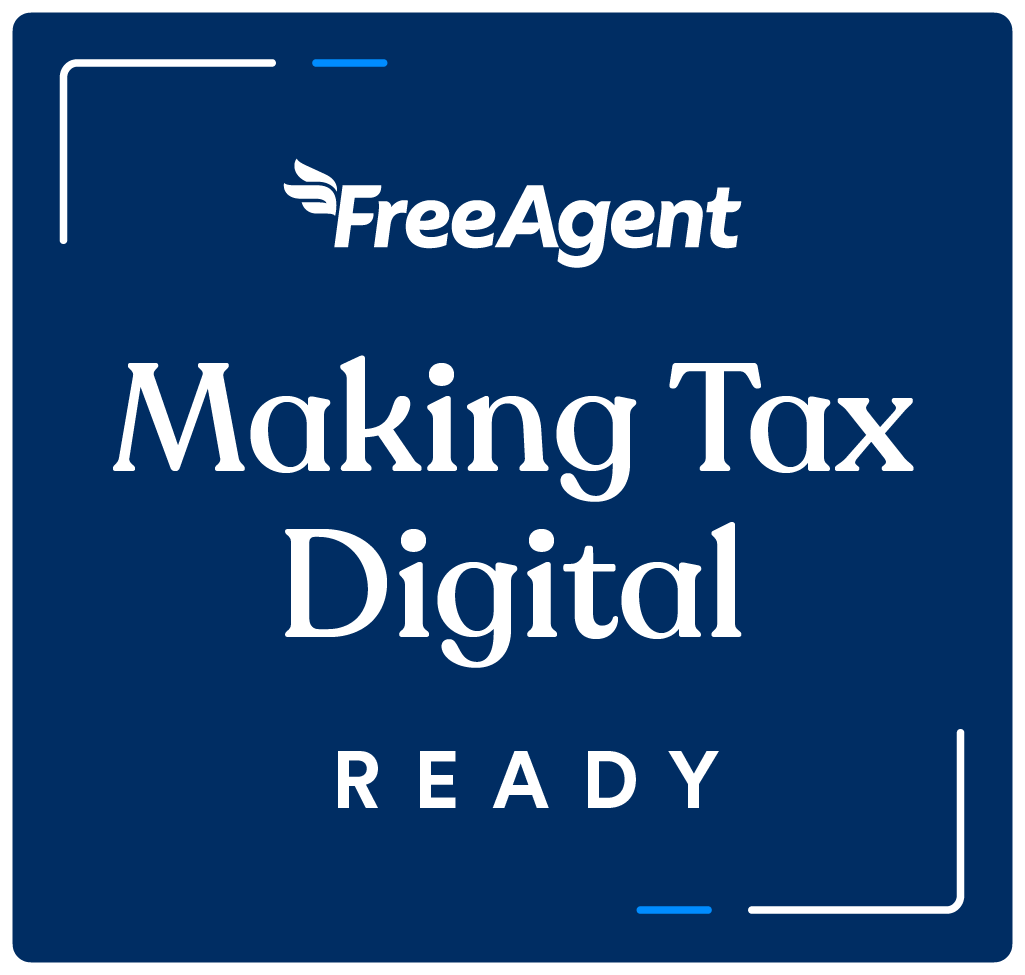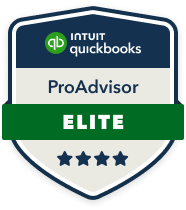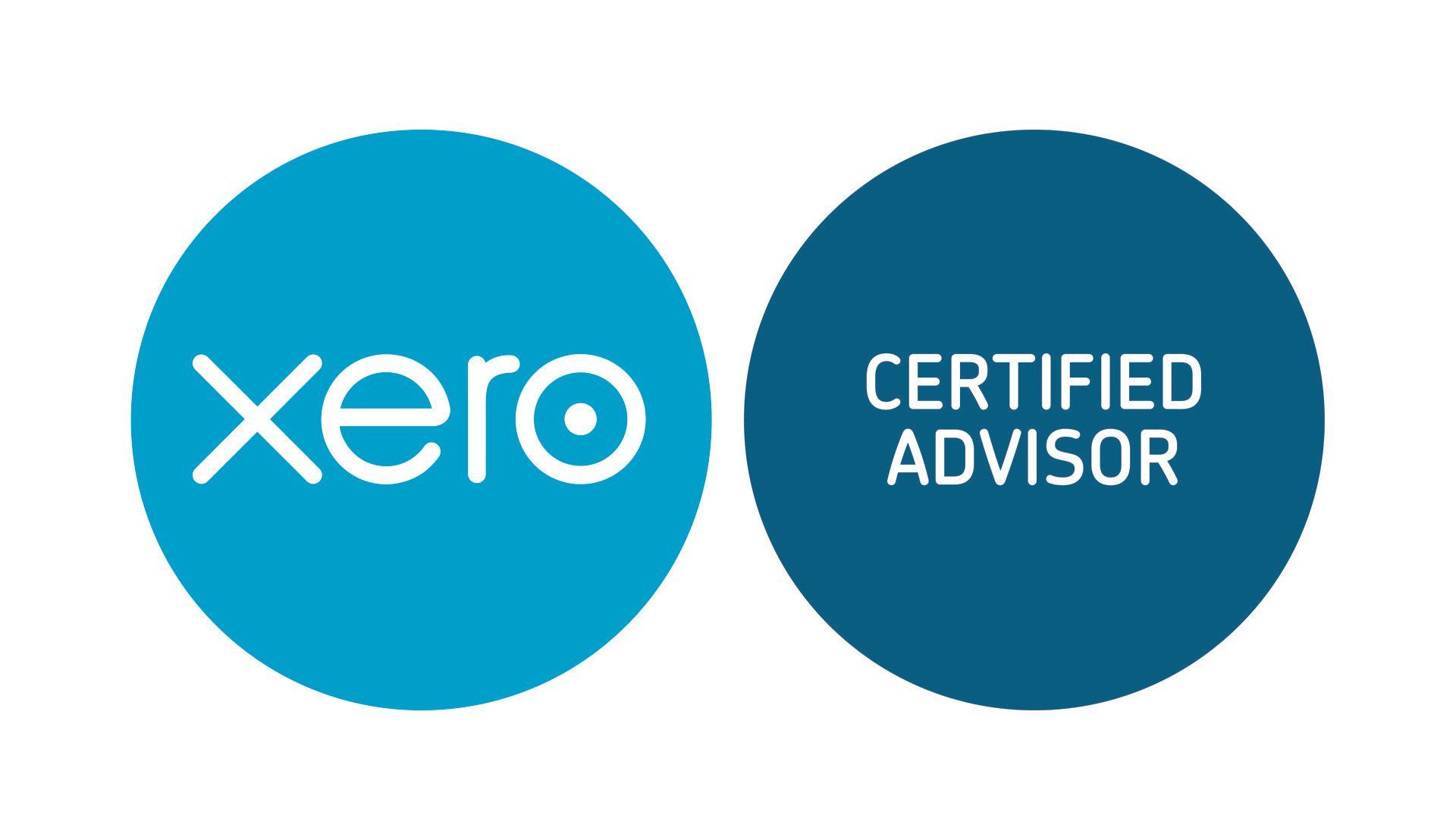Budget 2024 Review – Key Personal and Business Impacts
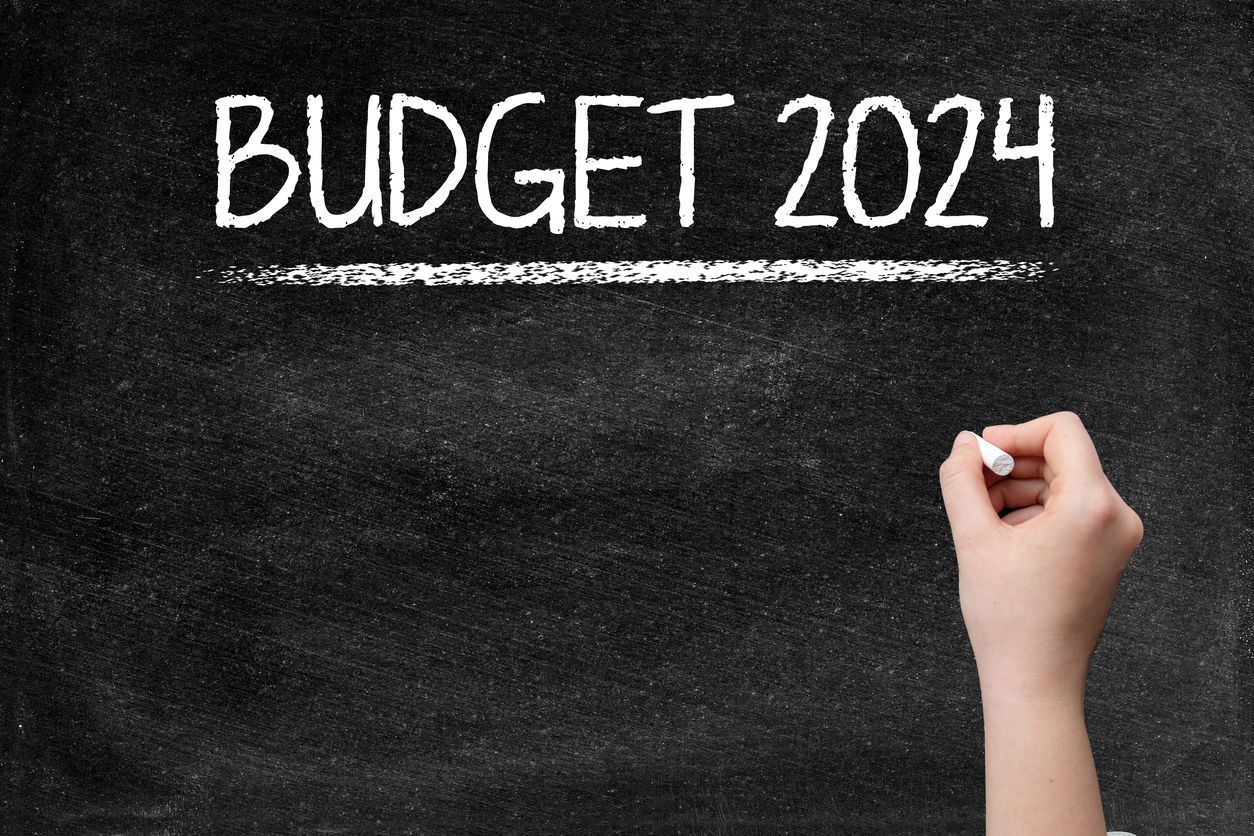
he 2024 Budget: How It Impacts Individuals and Businesses
The latest budget has brought some significant changes for both individuals and businesses in the UK, targeting cost-of-living challenges, healthcare funding, and incentives for business growth. Below, we break down the key areas of impact.
For Individuals
1. Cost of Living and Income Boosts
One of the most anticipated changes is the increase in the National Living Wage to £12.21 per hour, adding approximately £1,400 annually to a full-time worker’s income. This increase will support low-wage workers, although businesses, particularly in retail and hospitality, may experience higher operational costs. Additionally, carers now have an increased earnings threshold of over £10,000 annually while retaining Carer’s Allowance, creating more financial stability for those juggling work with caregiving duties.
2. Expanded Household Support
With inflation affecting daily expenses, the government has allocated an additional £1 billion to the Household Support Fund. This funding aims to help low-income families manage essential costs, such as food and energy, reducing financial pressure and potentially lessening reliance on food banks.
3. Pension and Benefit Adjustments
The Triple Lock on state pensions remains, meaning pensioners can expect an approximate 4.1% rise, equivalent to around £470 annually, helping them manage rising costs. The increase in Pension Credit further supports low-income retirees, potentially lowering the demand on public assistance programs.
4. Changes in Property and Asset Taxation
The freeze on inheritance tax thresholds through 2030 and the increased stamp duty surcharge on second homes aim to reduce speculative investments in real estate. These adjustments are expected to ease housing pressures, though they may result in increased rent prices as landlords adjust to higher taxes.
For Businesses
1. Employer National Insurance Increase
Employer National Insurance contributions are set to rise by 1.2%, which may create challenges for businesses, especially those in high-labor sectors. However, small businesses benefit from the increased Employment Allowance, exempting about 865,000 small businesses from NI contributions.
2. Business Rates Relief and Employment Allowance
High-street businesses in retail, hospitality, and leisure will receive a 40% relief on business rates in 2025-26. This is aimed at counteracting inflationary pressures and supporting local economies. For smaller businesses, an increase in the Employment Allowance will help offset payroll costs, offering added stability and flexibility.
3. Investment in Skills and Innovation With funding directed towards the Skills England initiative, businesses in healthcare, technology, and engineering can anticipate a more qualified workforce. Additionally, expanded Research & Development funding, particularly in tech and medical fields, supports growth in innovative sectors, further positioning the UK as a leader in these industries.
4. Infrastructure and Clean Energy Projects Government investments in green energy, carbon capture, and regional transportation improvements promise job creation and operational savings over time. These projects aim to improve logistical efficiencies and environmental sustainability, which could help reduce long-term energy costs for businesses.
OBR’s Budget Assessment
The Office for Budget Responsibility (OBR) has noted the budget's ambitious fiscal expansion, with increased spending and tax adjustments aimed at driving economic growth. While short-term impacts appear positive, the OBR has flagged potential risks if inflationary pressures or unforeseen fiscal demands arise. Notably, the government’s new fiscal rules focus on balancing day-to-day spending while reducing net financial liabilities, though the narrow margin for flexibility may limit responses to unexpected economic challenges.
In summary, this year’s budget aims to address both immediate and long-term needs across income, healthcare, housing, and environmental sectors. While these changes present opportunities, individuals and businesses may want to seek professional guidance to make the most of these adjustments and navigate potential financial shifts effectively.
Need assistance? Contact CW Licensed Bookkeeper & Accountant for a consultation at info@cwabc.co.uk or call 07306 812321.



